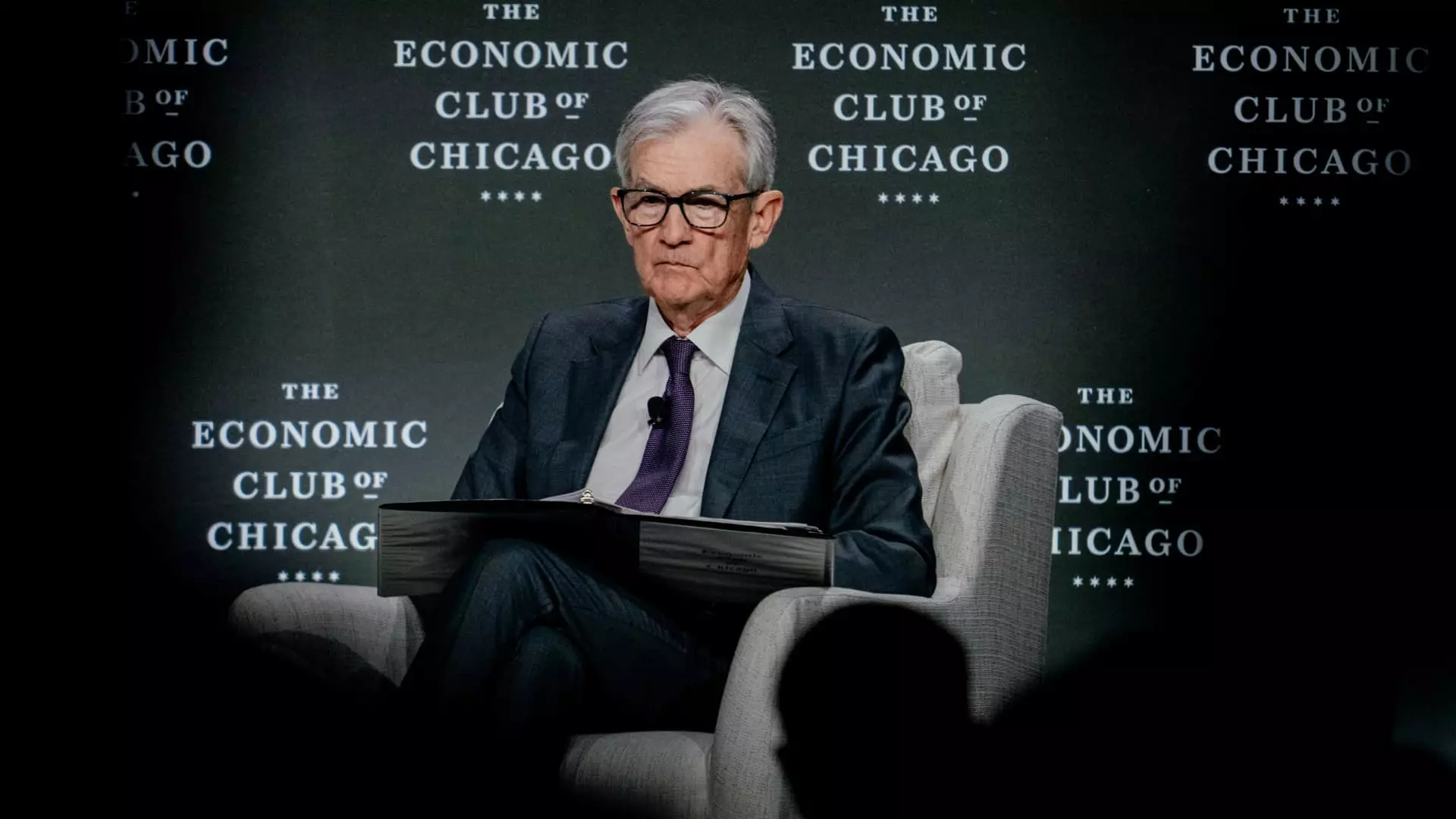In a striking display of political maneuvering, President Donald Trump has ramped up his high-pressure tactics against Federal Reserve Chairman Jerome Powell, branding him a “major loser” and warning of economic downturn unless aggressive interest rate cuts are enacted immediately. This ongoing feud highlights a disturbing trend—an alarming entitlement from a sitting president who appears to equate the Federal Reserve’s independence with a personal affront. Trump’s manipulation of economic narratives seems less like genuine concern for American citizens and more a reflection of his own political insecurities. The timing of these aggressive demands, amidst a looming economic uncertainty, is yet another example of how political populism can destabilize crucial institutions that work independently to protect the economy.
The Myths of “No Inflation” and Economic Growth
Trump’s assertion of “virtually no inflation” serves as a key focal point in his argument. However, the reality is far more complex. Energy costs and an array of consumer goods can fluctuate dramatically, particularly under uncertain trade policies like Trump’s tariffs. These tariffs, aimed at reshaping international trade dynamics, have long-term repercussions, not the least of which is inflationary pressure on Americans who are directly impacted by rising prices on essential goods. It’s disconcerting to witness a leader so blatantly ignoring these market realities, instead opting for a simplistically optimistic narrative that offers little substance. The volatility wrought by his administration’s policies is characteristic of a presidency obsessed with short-term gains rather than sustainable, long-term economic health.
Attacks on Independence: A Dangerous Precedent
A crucial layer to this controversy surrounds Trump’s purported consideration of firing Powell before the latter’s term concludes in May 2026. Such an act would not only defy legal boundaries but would also undermine the independence of the Federal Reserve, a cornerstone of American economic stability. This potential action raises critical questions: Is it not the role of a president to protect institutions that ensure checks and balances, even if they frustrate his political ambitions? Trump’s threats reveal an unsettling willingness to exploit the complexities of financial governance for the sake of personal gratification, placing the economic welfare of millions at risk.
Financial market analysts have warned that any attempt to remove Powell could trigger an immediate and severe reaction across U.S. equity markets, exacerbating the very economic conditions Trump claims to be concerned about. Evercore ISI’s Krishna Guha highlights the potential for panic selling, increased yield rates, and a rapid devaluation of the dollar, echoing fears that Trump’s whims could destabilize the markets in a matter of moments. It is almost unfathomable that an administration would willingly engage in such self-sabotage for fleeting political points. The echoing ramifications of such a decision could be a disaster not just for the economic landscape, but also for Trump’s own political capital as he attempts to regain footing in public opinion.
The Broader Economic Picture
On the broader economic stage, the repercussions of Trump’s rhetoric are palpable. Stock indices have begun to wobble under the weight of uncertainty, with the Dow Jones Industrial Average plummeting nearly 750 points within mere hours of trading following Trump’s latest tirade. Investors, ever watchful of market stability, seem to have shifted toward safe-haven assets such as gold, indicative of a strategic flight from risk. When political uncertainty cascades into financial markets, everyday Americans feel the repercussions—rising interest rates impact mortgages, consumer loans, and overall economic confidence.
The fissures in Trump’s economic argument become clearer when juxtaposed against Powell’s cautionary words about the dangers of ongoing trade wars and their potential long-term impacts on growth. By sidelining these considerations for the sake of instant gratification, Trump diminishes the long-term economic health of the nation while paying lip service to notions of growth and prosperity.
In the end, Trump’s brash and reckless engagement with the Federal Reserve signals a troubling trend: one where sound economic policy is sacrificed on the altar of political expediency. A president must prioritize the interests of the nation over personal grievances, ensuring that institutions like the Federal Reserve operate free from political bullying—a lesson America must reaffirm as it navigates these tumultuous waters.


Leave a Reply